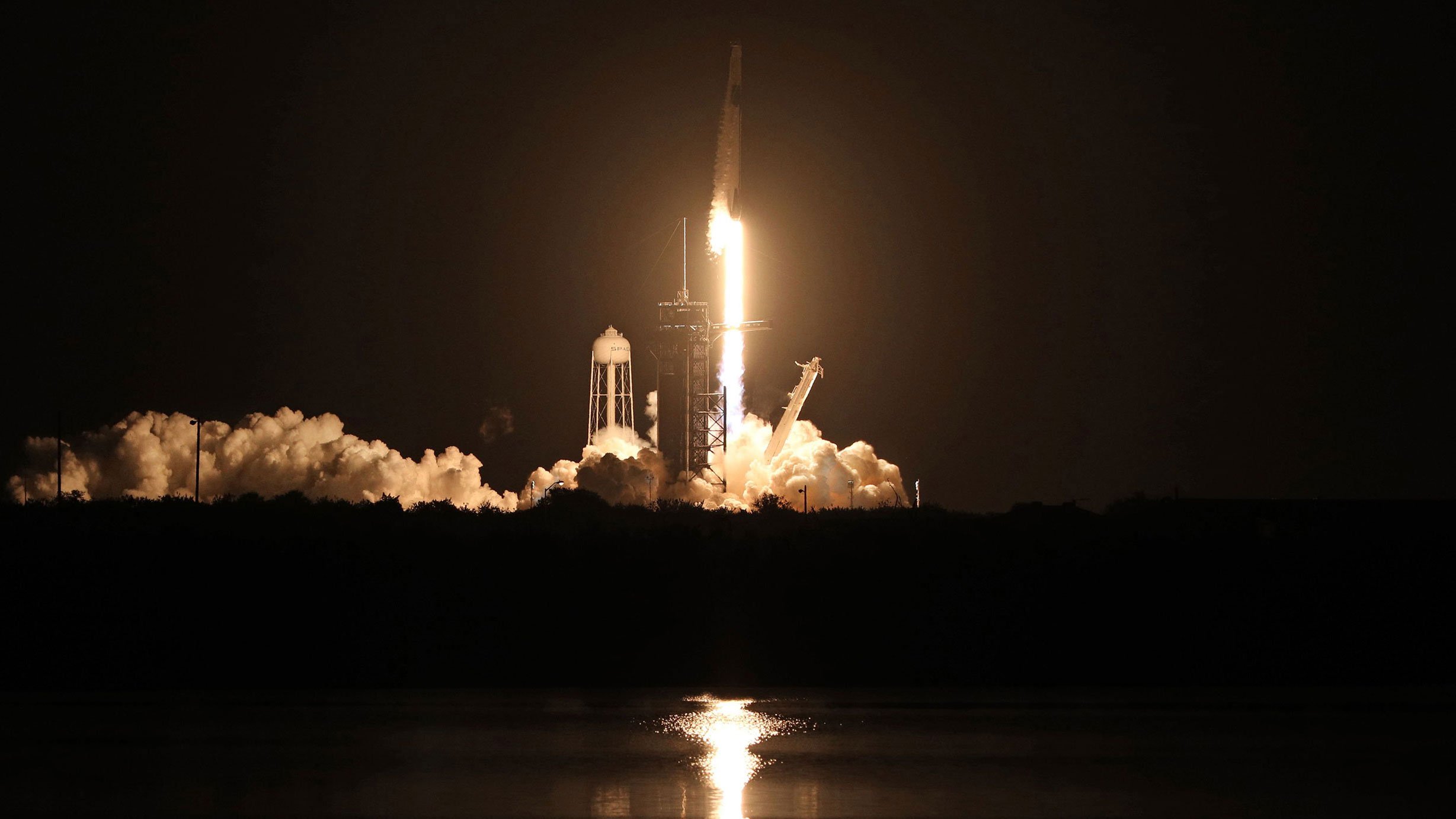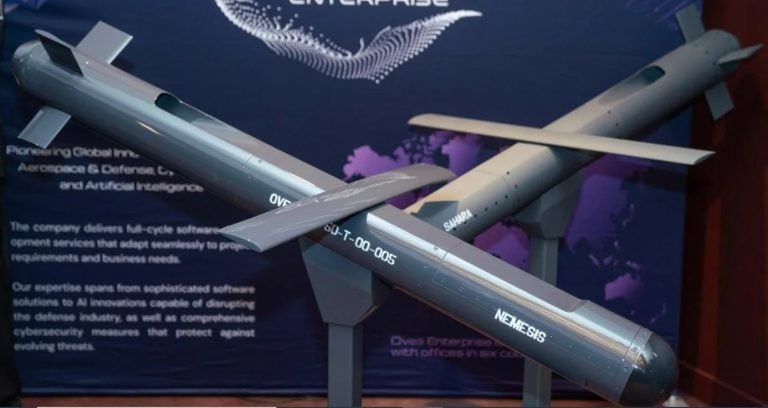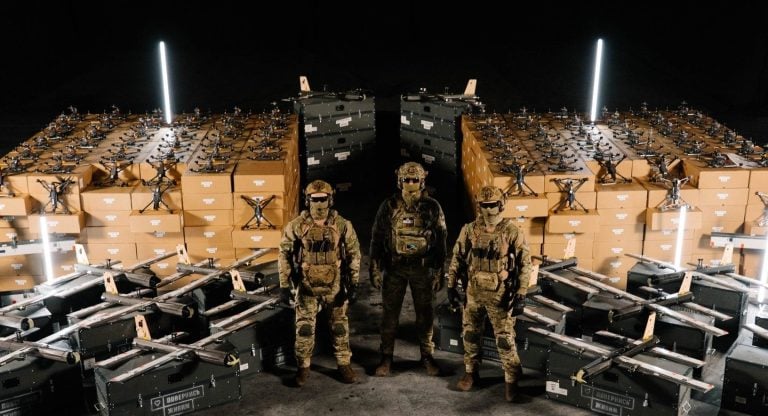The US Space Force has taken a significant step in enhancing national security by awarding contracts to SpaceX and United Launch Alliance (ULA) for pivotal missions scheduled beyond fiscal year 2027. This deal comprises seven launches awarded to SpaceX, totaling $714 million, while ULA will conduct two launches valued at $428 million. These missions fall under the National Security Space Launch (NSSL) Phase 3 Lane 2 program.
The launches will support crucial national security initiatives, including satellites for the National Reconnaissance Office (NRO) and the Wideband Global SATCOM system, both integral to the US military’s global communication framework. The timeline for these launches is set to commence in 2027, contingent on the readiness of the respective spacecraft. The contracts are structured as firm-fixed-price agreements, ensuring cost predictability for the Space Force.
The NSSL program, overseen by the Space Force’s Space Systems Command, serves as the military’s primary mechanism for deploying defense and intelligence satellites. Its objectives include ensuring continuous, secure access to space for critical operations such as strategic communications, missile warning systems, and surveillance efforts.
This announcement represents the inaugural series of awards under the NSSL Phase 3 Lane 2 program. Currently, three aerospace companies are qualified to bid on these national security missions: SpaceX, ULA, and Blue Origin. SpaceX, which was founded and is led by Elon Musk, remains at the forefront of the national security launch sector, significantly due to its innovative reusable Falcon 9 and Falcon Heavy rockets. In contrast, Blue Origin, owned by Amazon founder Jeff Bezos, did not receive any missions in this initial allocation, as its New Glenn rocket is still undergoing the certification process for national security launches.
Looking ahead, the Space Force anticipates a total of 54 launches under the NSSL Phase 3 Lane 2 in the upcoming years, emphasizing the growing importance of space capabilities in national defense strategies.







